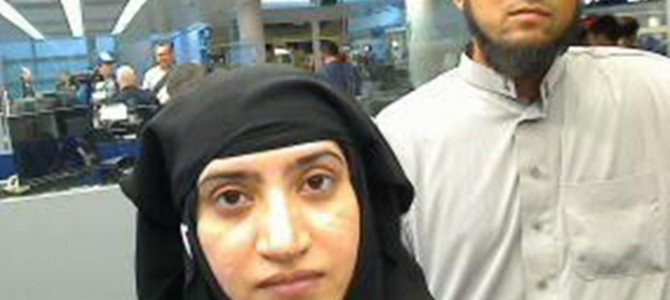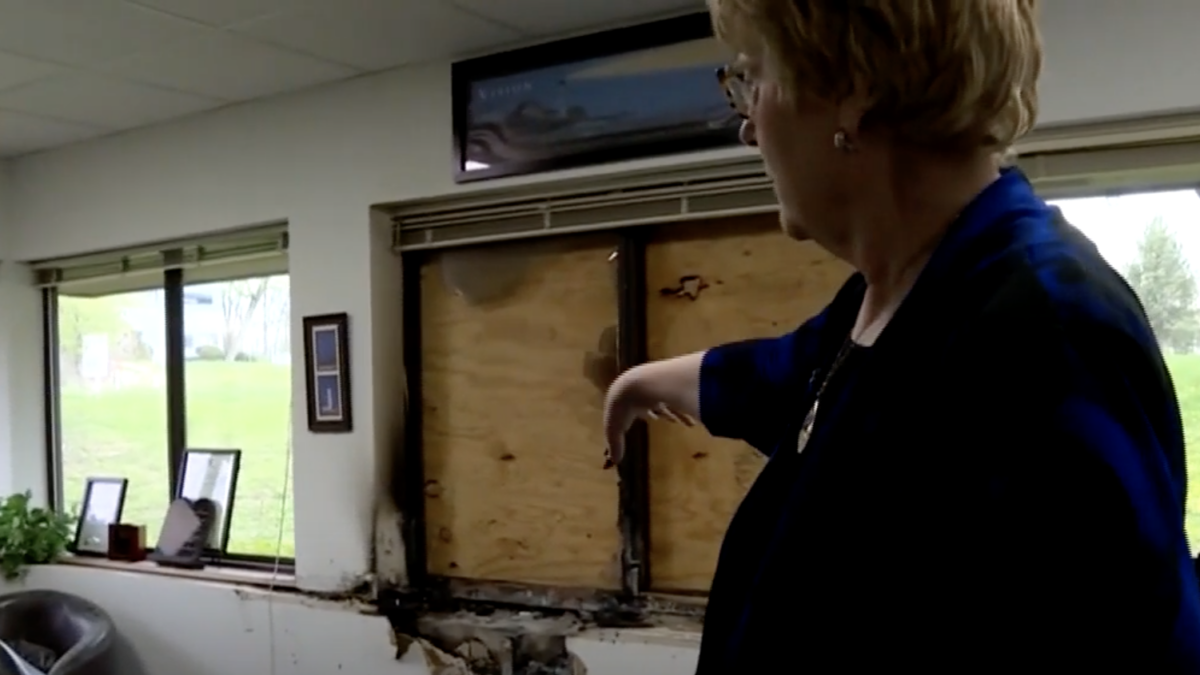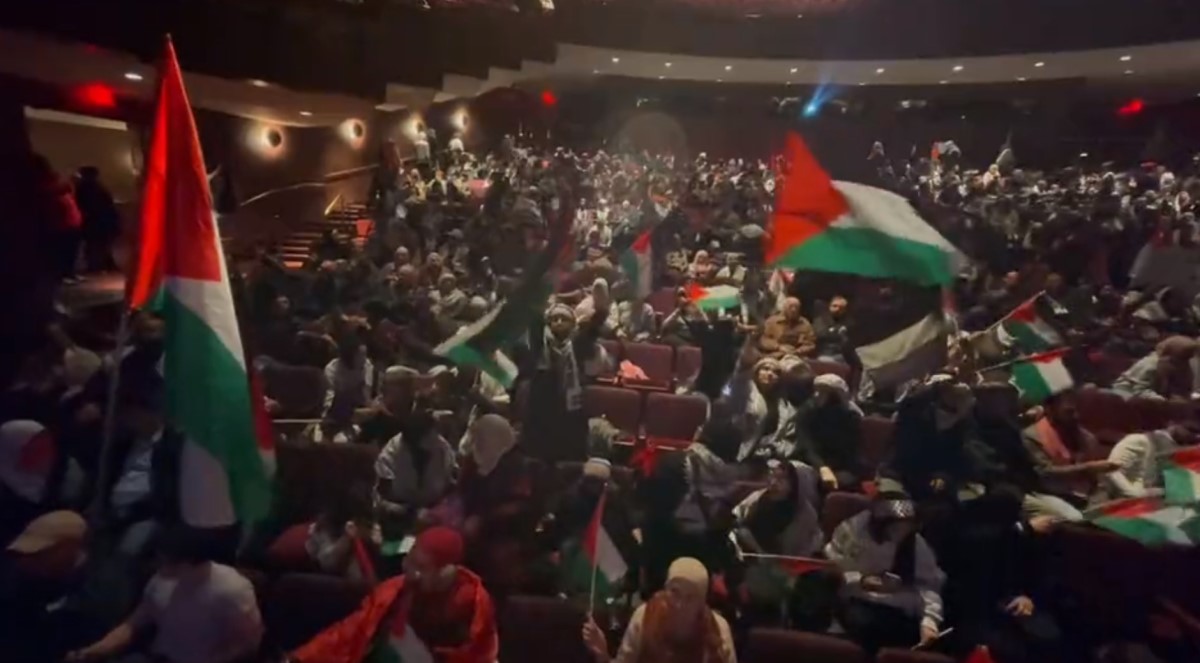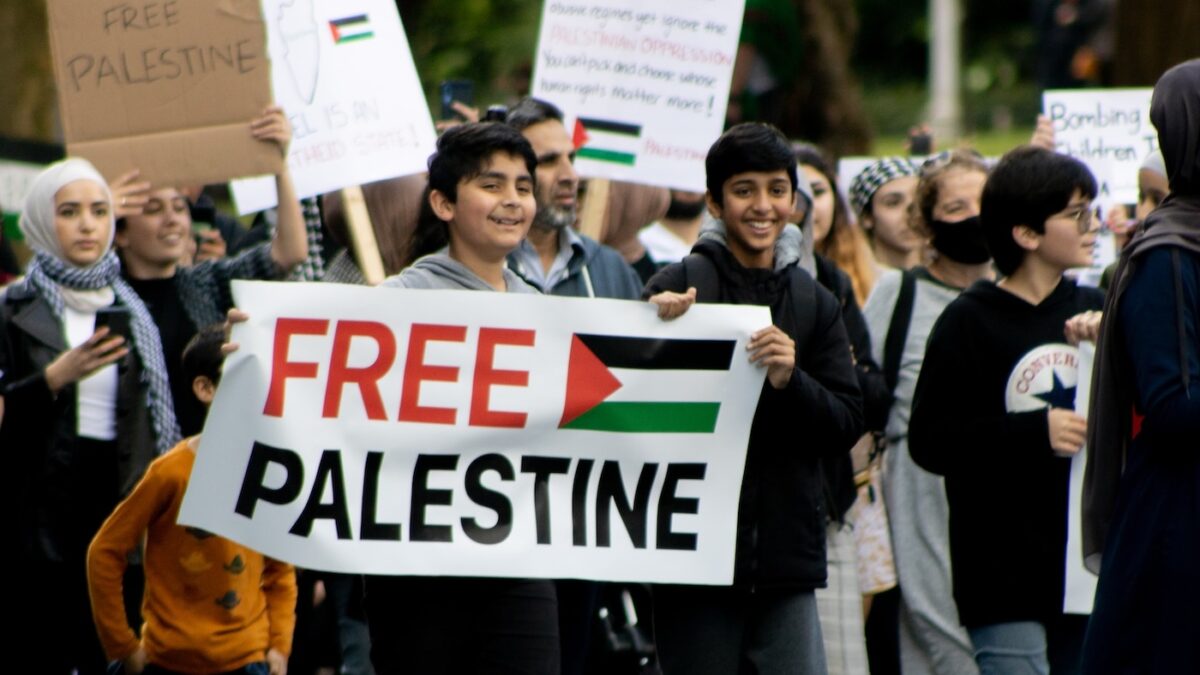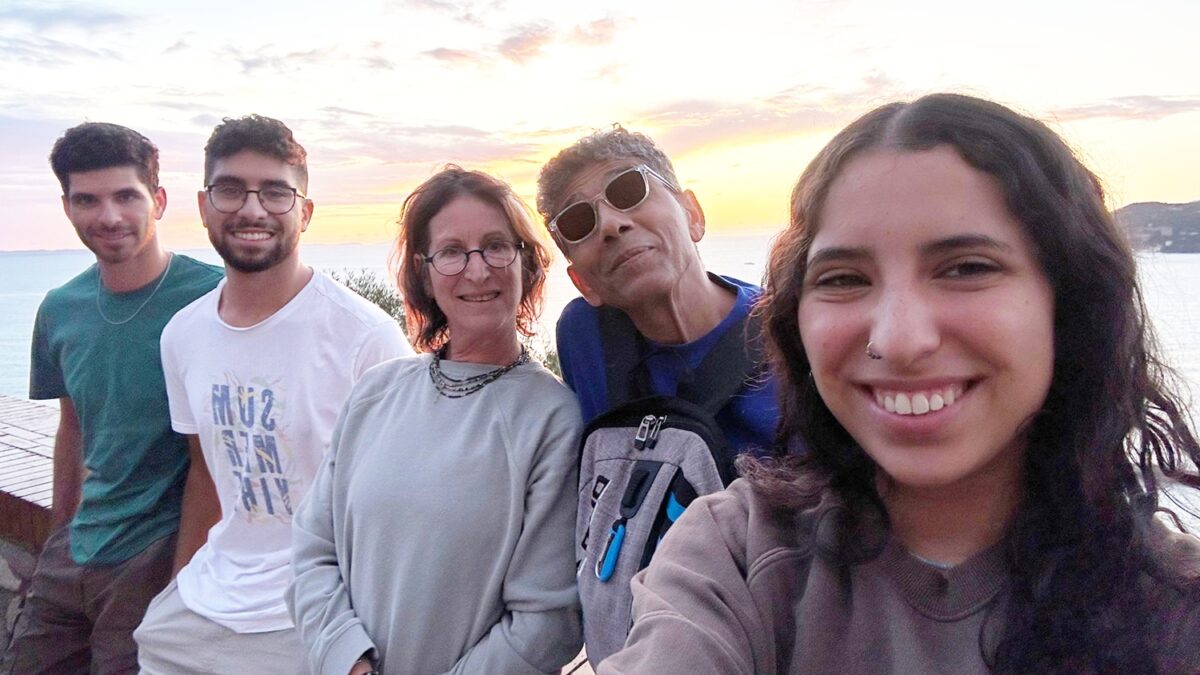Customs and Border Patrol analyst Phil Haney tracked members of the Islamist Deobandi movement with which Sayed Farook and his wife, Tashfeen Malik, were affiliated. But the Department of Homeland Security deleted the records, then disciplined and retaliated against him when he blew the whistle, he says.
Haney said he worked in Passenger Analysis Units at the Department of Homeland Security in Atlanta and at the U.S. Customs and Border Protection’s National Targeting Center, where he performed research into people and groups that might be linked to terrorism. He identified members of al-Huda and Tablighi Jamaat, subgroups of the Deobandi Movement, a century-old fundamentalist Islamic group originating in Pakistan, as they traveled into and out of the United States. An association with Tablighi Jamaat has been documented by the French in an estimated 80% of terrorism cases. Dar Al Uloom Mosque, frequented by Sayed Farook, is linked with the Deobandi Movement. Tashfeen Malik studied with Al-Huda in Pakistan.
Haney was given an agency award for his work identifying potential terrorists and he was asked to become part of the National Targeting Center, which works to connect the dots between radical figures and groups, he said. After more than six months tracking the Deobandi movement, Homeland Security halted the investigation at the urging of the State Department’s Office of Civil Rights, Haney said.
The agencies asserted that since the Islamist groups in question were not Specially Designated Terrorist Organizations, tracking individuals related to these groups was a violation of the their civil liberties, according to Haney. “The administration was more concerned about the civil rights and liberties of foreign Islamic groups with terrorist ties than the safety and security of Americans,” Haney said. He met with the DHS Inspector General in 2013, in coordination with several Members of Congress. DHS and the Justice Department then subjected him to investigations, none of which showed wrongdoing, he said. In September 2014, they sequestered him, revoked his access to the database and revoked his security clearance.
In a televised interview with Megyn Kelly of Fox News, Haney said that if he’d been allowed to continue his investigation, Malik’s visa application would have been flagged for greater scrutiny.
